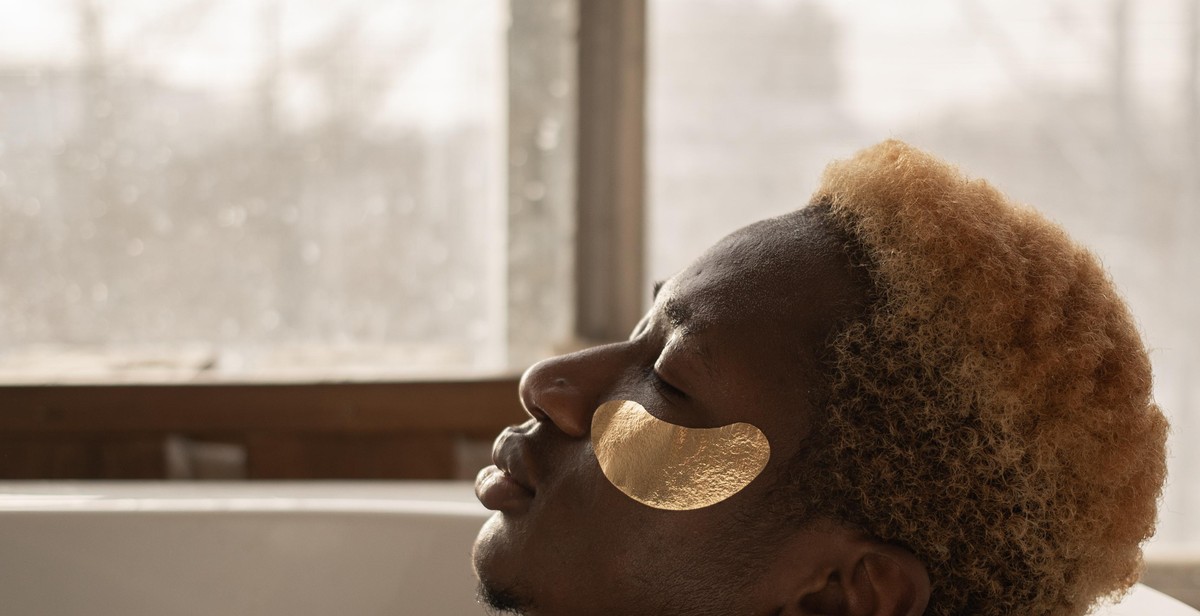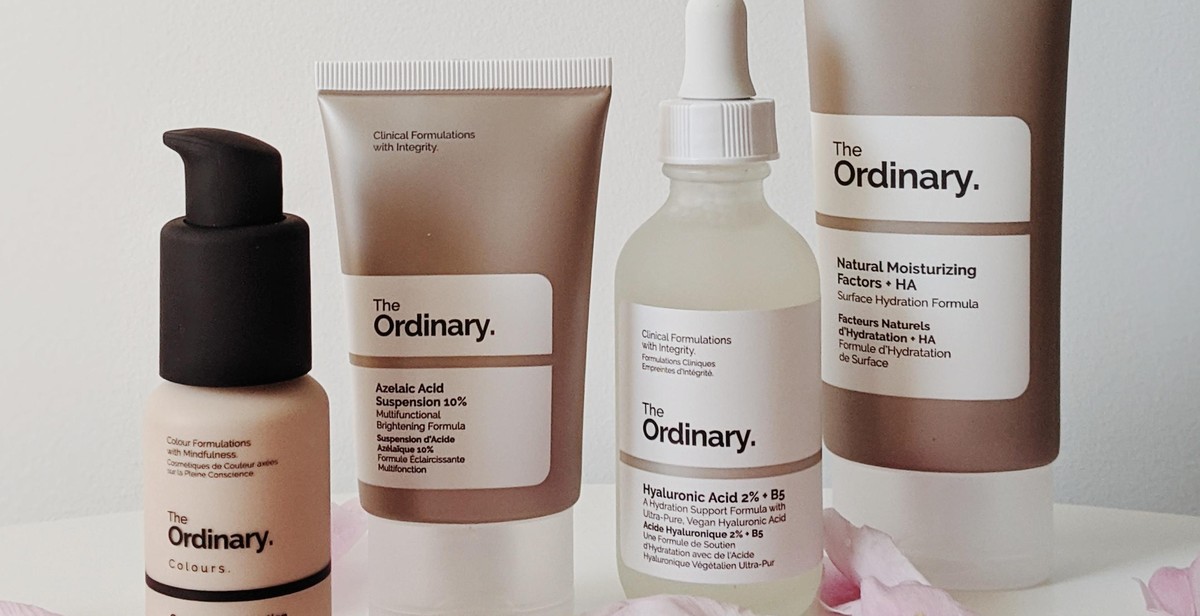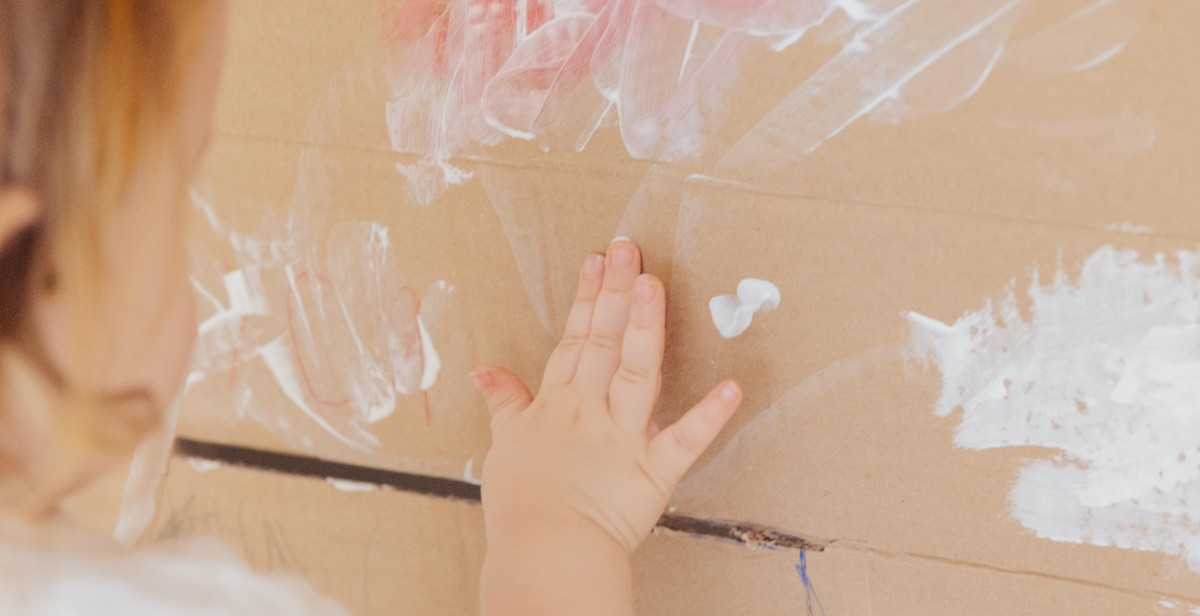Introduction: How to Create a DIY Self-Care Routine for Mental Health
Mental health is an essential aspect of our overall well-being, and it requires consistent attention and care. In today’s fast-paced world, it’s easy to get caught up in the hustle and bustle of everyday life, leading to stress, anxiety, and other mental health issues. That’s why it’s crucial to take a step back and prioritize self-care.
Self-care is all about taking care of yourself physically, emotionally, and mentally. It involves developing healthy habits that help you feel more relaxed, focused, and energized. A DIY self-care routine can be an effective way to manage stress and improve your mental health.
Why Self-Care is Important for Mental Health
Self-care has many benefits for your mental health. When you prioritize self-care, you are taking proactive steps to reduce stress, anxiety, and depression. Self-care can also improve your mood, boost your self-esteem, and increase your overall sense of well-being.
Creating a DIY self-care routine can be an empowering experience that allows you to take control of your mental health. By developing your self-care plan, you can tailor it to your specific needs and preferences, making it more effective and enjoyable.
In this article, we will explore how to create a DIY self-care routine for mental health and provide some tips and ideas to help you get started.
Step 1: Identify Your Needs
Creating a DIY self-care routine for mental health starts with understanding your own mental health needs. Mental health is an important aspect of overall wellness, and it is essential to take care of it just as you would take care of your physical health.
Understanding Your Mental Health
The first step in identifying your needs is to understand your mental health. Mental health is a state of well-being in which an individual can cope with the normal stresses of life, work productively, and contribute to their community. It is essential to understand that mental health is not just the absence of mental illness but also the presence of positive mental health and well-being.
Understanding your mental health involves taking an inventory of your emotions, thoughts, and behaviors. It is important to identify any symptoms or signs of mental illness, such as anxiety or depression, and seek professional help if necessary.
Identifying Triggers and Stressors
Identifying triggers and stressors is an important part of creating a DIY self-care routine for mental health. Triggers are situations, people, or events that can cause stress, anxiety, or negative emotions. Stressors are factors that contribute to stress and can be internal or external.
To identify your triggers and stressors, it is helpful to keep a journal or log of your daily activities, emotions, and thoughts. This can help you identify patterns and determine what situations or factors are causing stress or negative emotions.
Once you have identified your triggers and stressors, you can develop coping strategies to manage them. Coping strategies can include meditation, exercise, deep breathing, or seeking support from friends or a mental health professional.
By understanding your mental health needs and identifying your triggers and stressors, you can create a DIY self-care routine that is tailored to your unique needs and helps you maintain positive mental health and well-being.

Step 2: Choose Self-Care Activities
Now that you have identified the different areas of self-care, it is time to choose activities that will help you take care of each of these areas. Here are some ideas:
Physical Self-Care
Physical self-care involves taking care of your body. Here are some activities you can do:
- Exercise regularly
- Eat a healthy and balanced diet
- Get enough sleep
- Take a relaxing bath
- Go for a walk in nature
Emotional Self-Care
Emotional self-care involves taking care of your emotional well-being. Here are some activities you can do:
- Practice mindfulness or meditation
- Journal your thoughts and feelings
- Talk to a therapist or counselor
- Allow yourself to feel and express your emotions
- Engage in a hobby that brings you joy
Social Self-Care
Social self-care involves building and maintaining positive relationships with others. Here are some activities you can do:
- Spend time with friends and family
- Join a club or group with similar interests
- Volunteer in your community
- Attend social events or gatherings
- Have a meaningful conversation with someone
Intellectual Self-Care
Intellectual self-care involves engaging in activities that stimulate your mind and expand your knowledge. Here are some activities you can do:
- Read a book on a new topic
- Take a class or workshop
- Learn a new skill or hobby
- Listen to a podcast or TED Talk
- Challenge yourself with a puzzle or game
Remember that self-care is not a one-size-fits-all approach. Choose activities that work for you and your lifestyle. Incorporate them into your daily routine to ensure that you are taking care of yourself both physically and mentally.

Step 3: Create a Routine
Creating a routine for self-care is essential to make it a habit. Finding time for self-care can be challenging, but with the right approach, it can become a part of your daily routine. Here are some tips to help you make self-care a habit:
1. Schedule It
Make self-care a priority by scheduling it into your daily routine. Set aside a specific time of the day for self-care activities, and stick to it. Whether it’s early in the morning, during lunch break, or before bedtime, find a time that works for you and commit to it. Treat it like any other appointment and don’t cancel it.
2. Start Small
Start with small self-care activities that are easy to incorporate into your routine. It could be as simple as taking a few deep breaths, stretching, or going for a short walk. Gradually increase the time and intensity of your self-care activities as you get comfortable with the routine.
3. Mix It Up
Don’t stick to the same self-care activities every day. Mix it up and try new things to keep it interesting. You could try yoga, meditation, journaling, or a relaxing bath. Experiment with different activities until you find what works best for you.
4. Hold Yourself Accountable
Hold yourself accountable for your self-care routine. Share your goals with a friend or family member and ask them to check in on you. You could also use a habit tracker app or journal to keep track of your progress and hold yourself accountable.
5. Be Patient
Creating a routine takes time, so be patient with yourself. It’s okay to miss a day or two, but don’t give up. Stick to your routine, and eventually, it will become a habit.
6. Prioritize Your Mental Health
Remember, self-care is essential for your mental health. Prioritize it just like you would any other aspect of your health. Make it a priority, and you’ll reap the benefits of improved mental and emotional well-being.
Creating a routine for self-care takes effort, but it’s worth it. With a little planning and commitment, you can make self-care a part of your daily routine and improve your mental health.

Step 4: Stick to Your Routine
Creating a self-care routine is essential, but sticking to it can be challenging. It is crucial to overcome obstacles and make adjustments to keep your routine going. Here are some tips to help you stick to your self-care routine:
Overcoming Obstacles
Life can get in the way of your self-care routine. You may face unexpected challenges, such as a busy work schedule, family obligations, or illness. However, it is essential to find ways to overcome these obstacles and prioritize your mental health.
One way to overcome obstacles is to schedule your self-care routine. Set aside time each day or week for your self-care activities, and treat them like an appointment that cannot be missed. You can also break down your self-care routine into smaller, manageable tasks that can be completed in a shorter amount of time.
Making Adjustments
As you continue with your self-care routine, you may find that some activities are not working for you or that you need to make adjustments. It is essential to listen to your body and mind and make changes accordingly.
If you find that a particular activity is not helping you, try something else. There are many different self-care activities to choose from, such as meditation, yoga, journaling, or spending time in nature. Experiment with different activities until you find what works best for you.
Also, be flexible with your routine. Life is unpredictable, and sometimes you may need to adjust your self-care routine to fit your schedule or accommodate unexpected events. Remember that self-care is not about being perfect, but about taking care of yourself in the best way you can.
By overcoming obstacles and making adjustments, you can create a self-care routine that works for you and stick to it. Prioritizing your mental health and well-being is essential, and a self-care routine can help you achieve that.

Conclusion
Creating a DIY self-care routine for mental health is an important step towards taking care of yourself. It can help you to manage stress, reduce anxiety, and improve your overall well-being. By taking the time to focus on your mental health, you can improve your quality of life and feel more in control of your emotions.
Benefits of a DIY Self-Care Routine for Mental Health
- Reduced stress levels
- Improved mood and emotional well-being
- Better sleep quality
- Increased energy and productivity
- Improved relationships with others
Creating a DIY self-care routine doesn’t have to be complicated or time-consuming. Start by identifying the activities that bring you joy and help you to relax. Incorporate these activities into your daily routine and make them a priority. Remember that self-care isn’t selfish, it’s necessary for your mental and emotional well-being.
By taking care of yourself, you are better equipped to handle the challenges of daily life. A DIY self-care routine can help you to feel more resilient, confident, and in control. So take the time to invest in yourself and your mental health. You deserve it!
